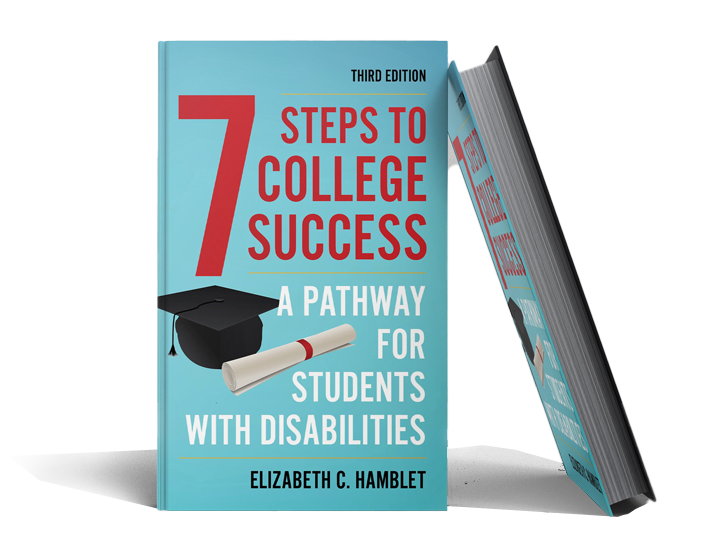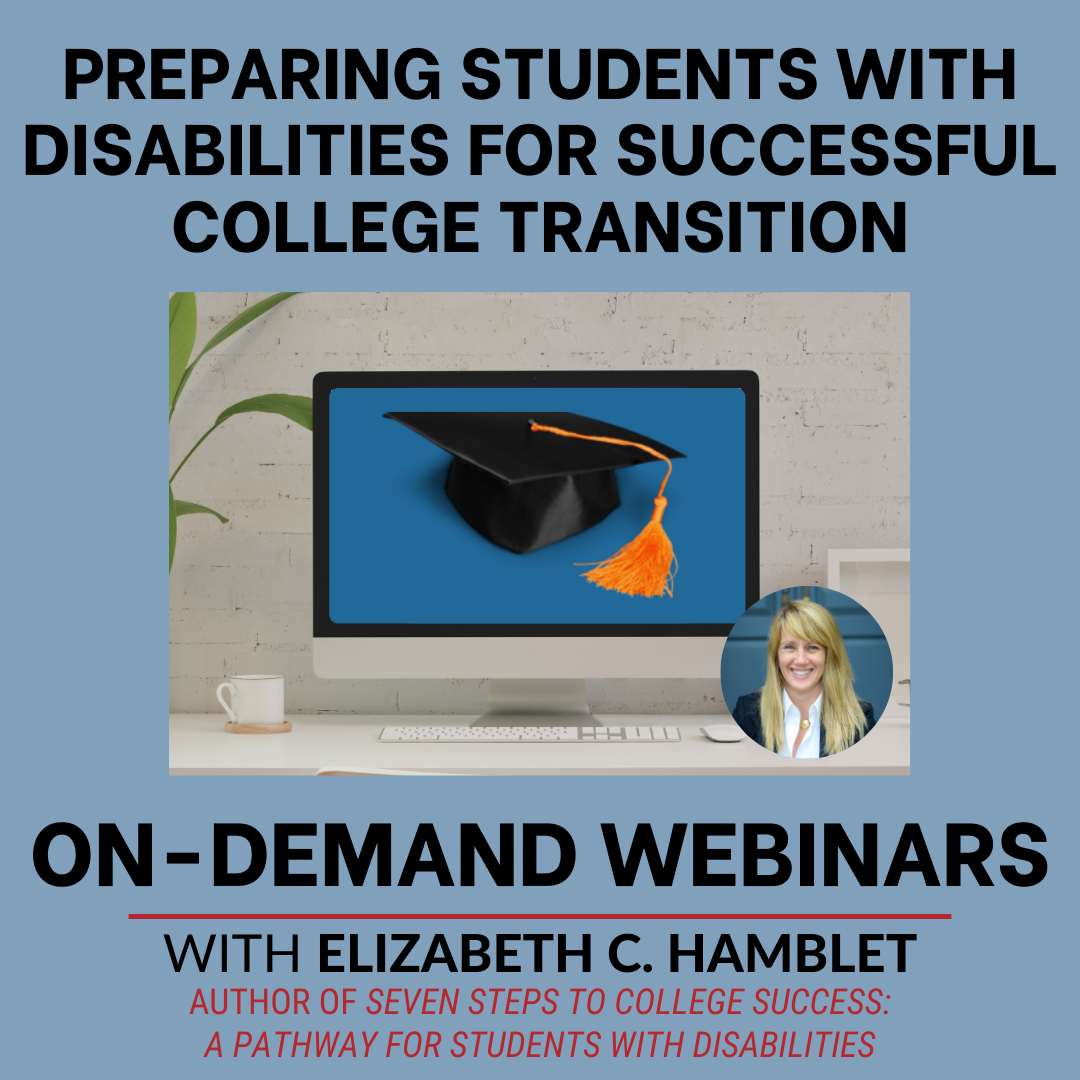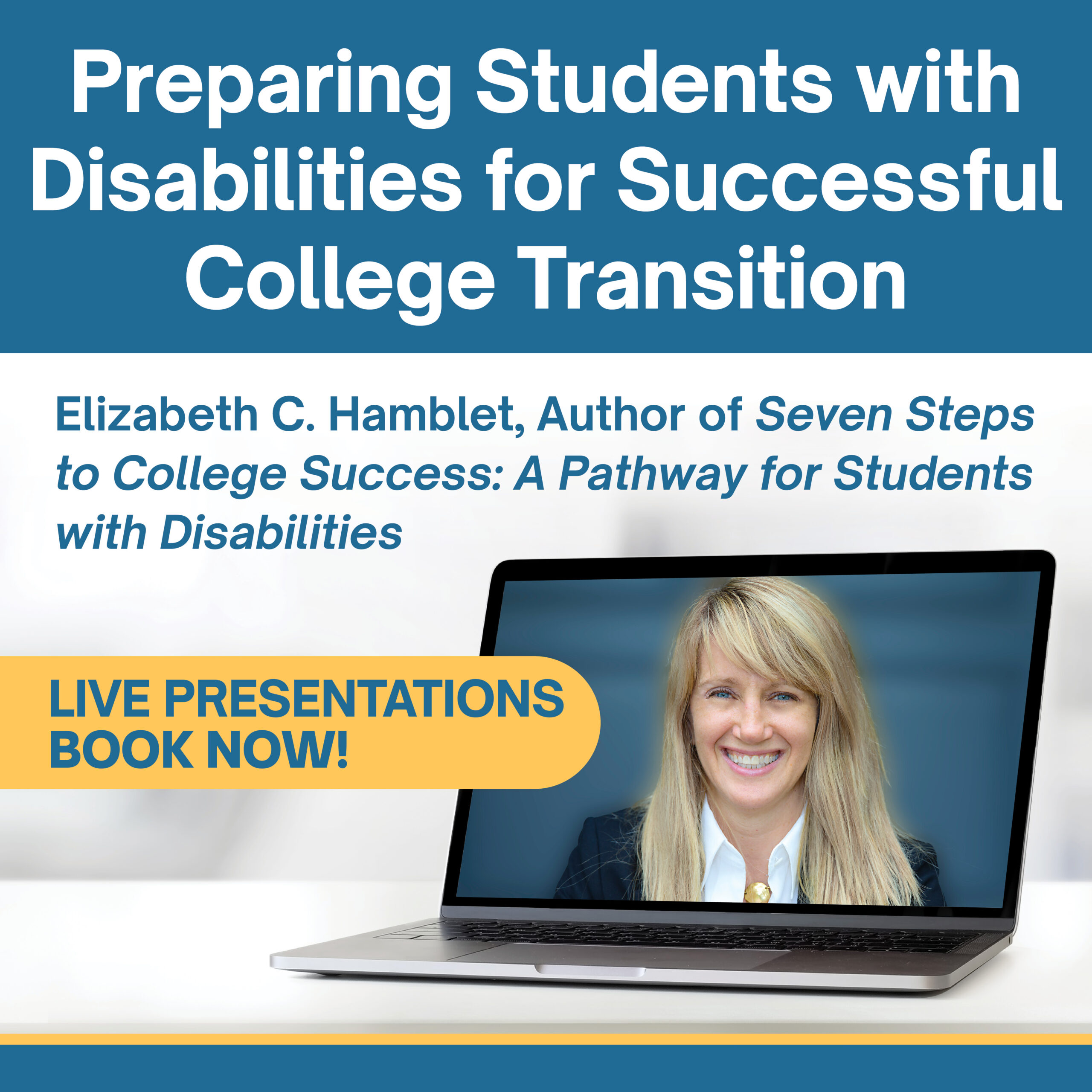Introduction
In a Facebook community I run for parents, someone asked for a list of colleges in their state that provide disability accommodations for students. I was sad that no one had shared this kind of basic information with the parent. I hope you’ll share this with someone yourself.
The facts about disability accommodations
Put simply, nearly every college in the country must provide at least minimal accommodations for students with all kinds of disabilities, not just the ones that are visible. This means that students with documented learning disabilities, ADHD, autism spectrum disorders, and psychological disorders also receive accommodations at college.
If you are thinking that highly-selective schools with very low acceptance rates don’t have to provide accommodations because they serve very academically advanced students, that’s not true. If you’re thinking schools that don’t charge a lot of money don’t have to provide accommodations because they’re taking less money from students, that’s not true, either. Only colleges that don’t take any federal funds and are also private and religious are exempt from federal laws that cover disability accommodations. As you can imagine, this means most colleges (including many religious schools) have to provide at least basic accommodations. (Read this post to learn what accommodations are and aren’t commonly approved.)
Some colleges go beyond the basics required by law through a fee-based, structured program. (Learn more about those programs and what they do and don’t offer.) Many students don’t need such a program and will do fine with the typical accommodations colleges provide for free. Students who need more structure and enhanced supports can find a listing colleges that offer these in the The K&W Guide to Colleges for Students with Learning Differences.
How to check if a college provides accommodations
To learn whether a college that a student is putting on their list is one of the very few that doesn’t provide accommodations, students can try searching the college’s site for the disability services (DS) office. (It may be called something else, and include a word like “access” or “accessibility.”) They will likely find that every college they’re thinking of attending provides accommodations. (Watch this video I made to show you how to explore colleges’ DS sites or read this post. )
What you should know about accommodations
Now that you know these basics, there are still additional things to know about accommodations. Read my book for a thorough discussion and guided path through the preparation for college transition. Or click to read these posts on my site and blog or watch the videos I’ve recorded:
- Do Colleges Have to Follow IEPs or 504 Plans? Read this post on this topic or watch a video on this.
- Myths About IEPs, 504 Plans, and College Accommodations – Read this post.
- Don’t Make Assumptions From Online College Accommodation Lists for LD and ADHD – Read what you should understand about these lists.
- Moving From High School To College Accommodations: Changes in Vocabulary and Expectations – Read about the new terms students will encounter and what they mean.
- College Math and Foreign Language Requirements and Learning Disabilities – What You Should Know– Read about what the law says about college admissions requirements and what it means for students with disabilities.




